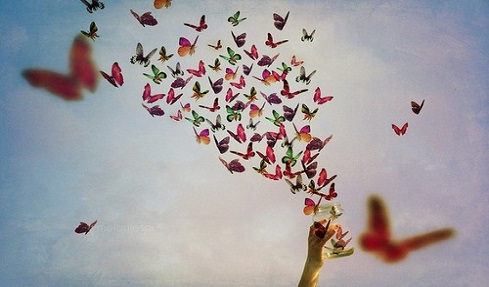Everything is constantly subject to origination (birth) and destruction (death). If there were no origination and destruction, or if things forever maintained their same state, then nothing would change at all and it would be impossible to have any movement. For instance, when a person is born, only then can living and death come into existence. The existence of all material phenomena consists of three stages: the origination stage at the beginning, the maintenance stage in the middle, and the destruction stage at the end.
~ Luminous Wisdom Book Series 10












